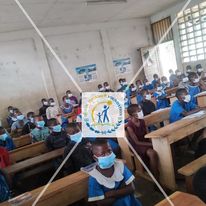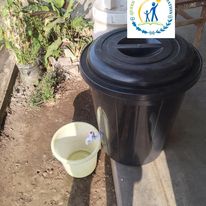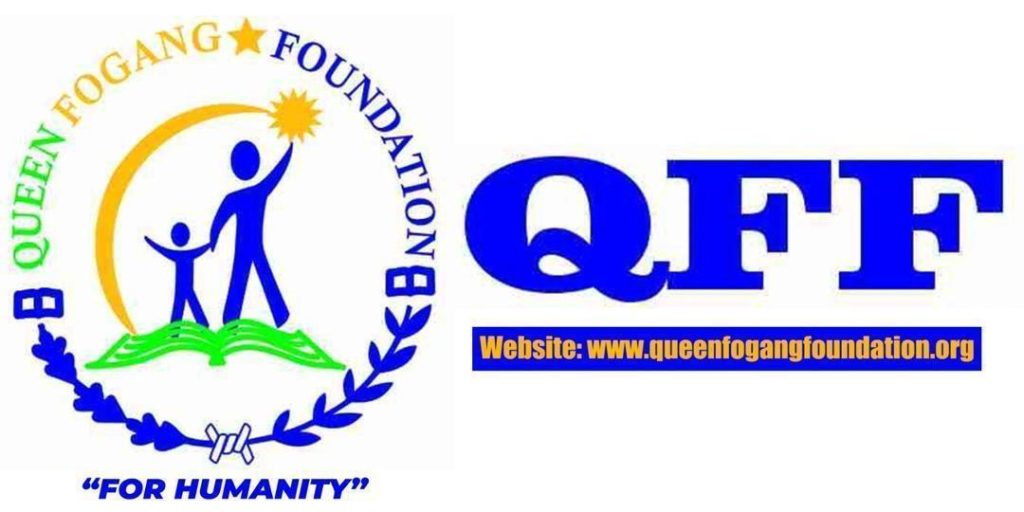WATER, SANITATION AND HYGIENE (WASH)
Access to clean water, adequate sanitation, and proper hygiene is essential for the health and well-being of communities, and it plays a crucial role in sustainable development. At Queen Fogang Foundation (QFF), we recognize that water, sanitation, and hygiene (WASH) are interconnected components that directly impact the quality of life, particularly for vulnerable populations. Our initiatives focus on ensuring that communities have reliable access to safe water sources and sanitation facilities, which are vital for preventing disease and promoting overall health.


QFF implements community-based WASH programs that emphasize both infrastructure development and education. We work closely with local communities to identify their specific needs and priorities, facilitating the construction of boreholes, wells, and sanitation facilities. In parallel, we provide training on the importance of hygiene practices, such as handwashing and safe water storage. By raising awareness and fostering good hygiene habits, we empower communities to take charge of their health and create sustainable practices that prevent the spread of waterborne diseases.
Moreover, we place a strong emphasis on inclusivity, ensuring that marginalized groups—especially women and children—have access to WASH services. Women and girls often bear the burden of fetching water and managing household sanitation, which can restrict their opportunities for education and employment. QFF advocates for gender-sensitive approaches in WASH initiatives, creating facilities that are safe, private, and accessible. By involving women in the planning and implementation of WASH projects, we ensure that their voices are heard and their specific needs are met.


In addition to addressing immediate water and sanitation challenges, QFF promotes environmental sustainability through integrated WASH practices. We advocate for the protection of water resources and encourage community members to engage in environmentally friendly practices, such as rainwater harvesting and the responsible disposal of waste. By linking WASH to broader environmental concerns, we aim to foster a culture of stewardship and resilience. Ultimately, our goal is to create healthier communities where everyone has access to clean water, sanitation, and hygiene, paving the way for improved health outcomes and enhanced quality of life.
